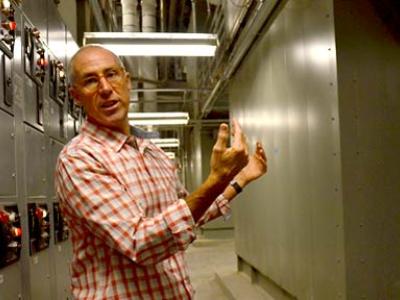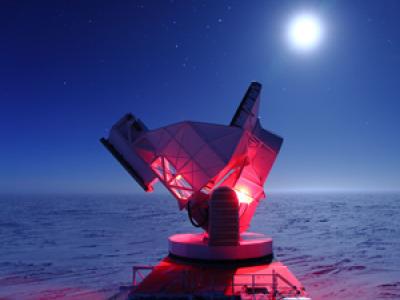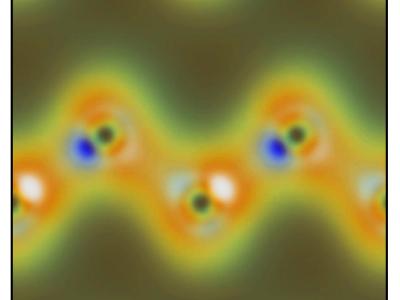For Richmond residents, RBC spells restoration, remediation, renewal
A second community meeting was held at the Richmond Memorial Auditorium and UC Berkeley and Lawrence Berkeley National Laboratory — the city’s partners in the joint campus — brought along some of the scientists themselves, who talked about their research and took questions from the audience.
New Report on Electric Vehicle Policies
The environmental law centers at UCLA and UC Berkeley Schools of Law today released a new report on industry actions and federal, state, and local policies needed to stimulate long-term, mass adoption of electric vehicles.
Explosion of galaxy formation lit up early universe
Extremely bright, active galaxies formed and fully illuminated the universe by the time it was 750 million years old, or about 13 billion years ago, according to Oliver Zahn, a postdoctoral fellow at the Berkeley Center for Cosmological Physics (BCCP) at the University of California, Berkeley, who led the data analysis.
Crowd-sourced online reviews help fill restaurant seats, study finds
A new study by UC Berkeley economists analyzed restaurant ratings on Yelp.com and found that, on a scale of 1 to 5, a half-star rating increase translates into a 19 percent greater likelihood that an eatery’s seats will be full during peak dining times. The study, published this month in the Economic Journal, found that the increase is independent of changes in price or in food and service quality.
Affluent people less likely to reach out to others in times of chaos, study suggests
While chaos drives some to seek comfort in friends and family, others gravitate toward money and material possessions, new UC Berkeley study finds.
Synchronized Lasers Measure How Light Changes Matter
An international team of scientists led by Thornton Glover of the U.S. Department of Energy’s Lawrence Berkeley National Laboratory (Berkeley Lab) the team was able to measure the optical manipulation of chemical bonds in the in a diamond sample, on the scale of individual atoms.
BCGC wins $3.4 million NSF training grant: Grad students encouraged to apply
The Berkeley Center for Green Chemistry (BCGC) has been awarded a $3.4 million training grant by the National Science Foundation. The grant will train five to six Ph.D. students annually for five years in the principles of green chemistry and the design of clean energy technologies.









